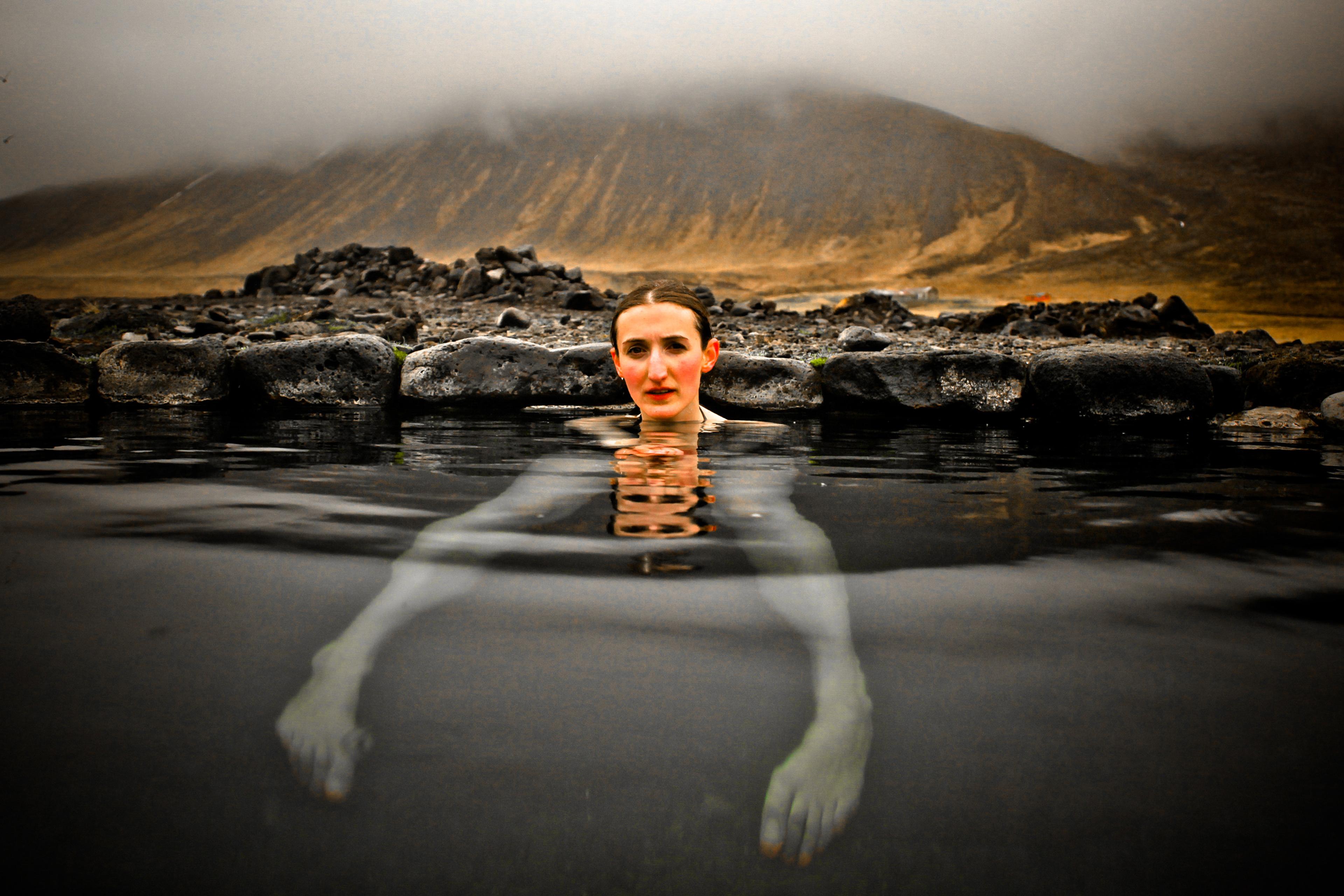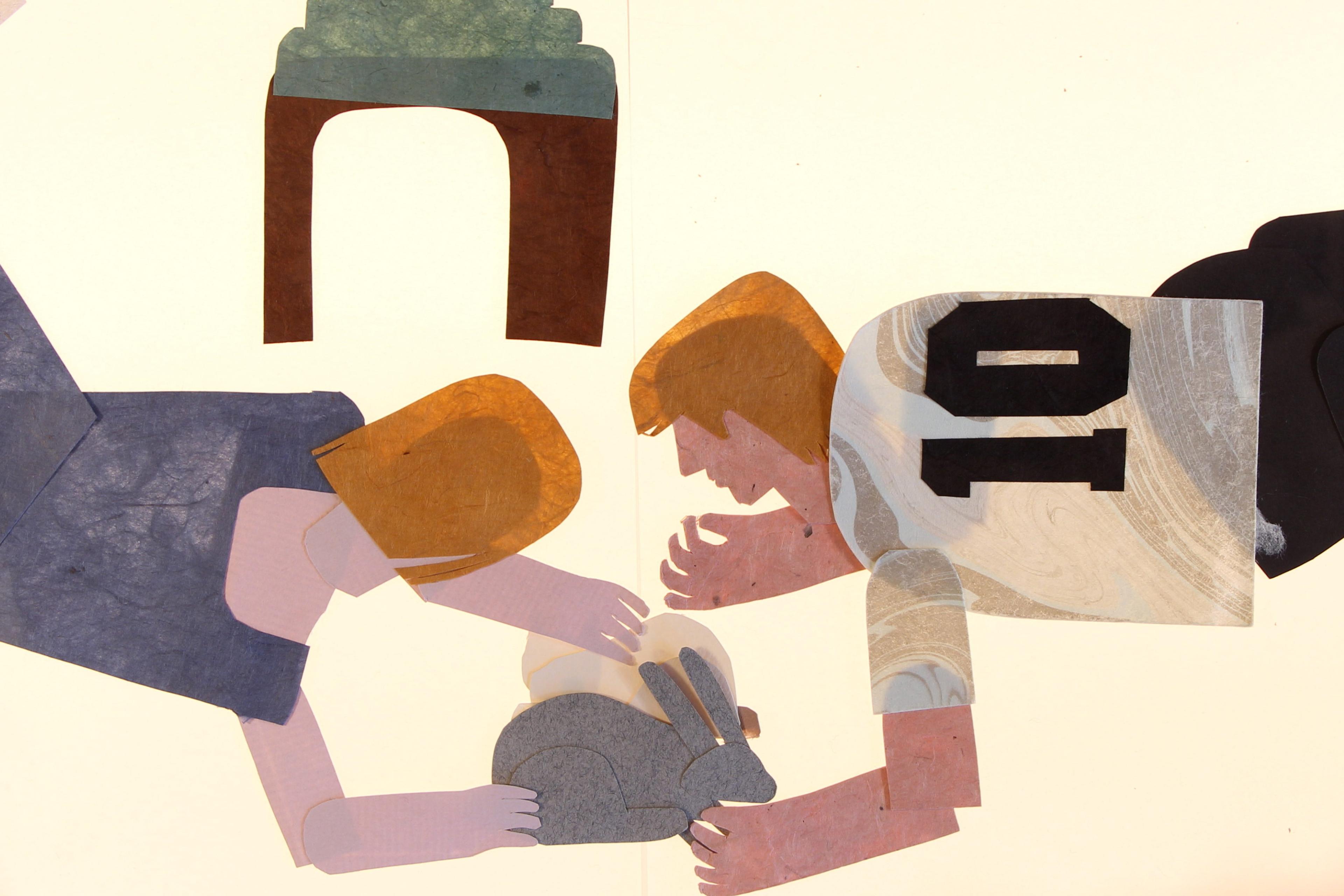Creativity demands sensitivity. Yet, sensitivity can manifest as self-conscious anxiety, making it difficult to create, even when someone deeply wishes to. This tension lies at the heart of the UK director Cameron Nicoll’s Film About. For the piece, Nicoll mines his phone notes, a graveyard of ideas for many an unfinished project. As he dusts off these unrealised concepts – including films about reaching the top of a tower and waiting for the moment street lights activate – each seems to form a unique expression of Nicoll’s self-defeating self-doubt.
Nicoll melds these sequences with an interview with Seonaid Cleare, a research fellow at the School of Health and Wellbeing at the University of Glasgow, where she studies methods of reducing emotional distress. Detailing how fear of judgment can lead to further isolation, exacerbating the problem, Cleare points to self-compassion as a way to break the crippling cycle. Indeed, once Nicoll lowers his guard and allows himself to create, he proves himself a skilled and thoughtful filmmaker, managing to weave disparate threads into a worthwhile project that’s surely – and perhaps reassuringly – relatable for anyone who’s faced similar struggles.







